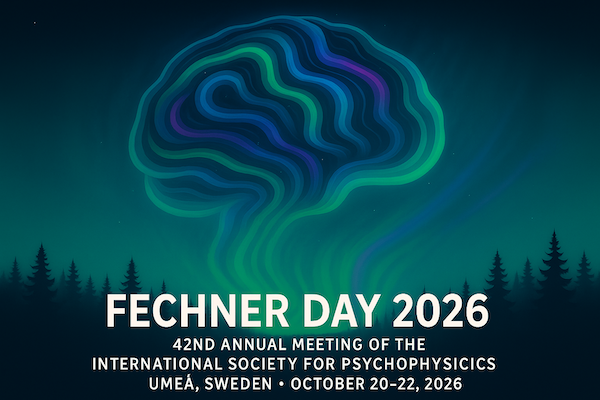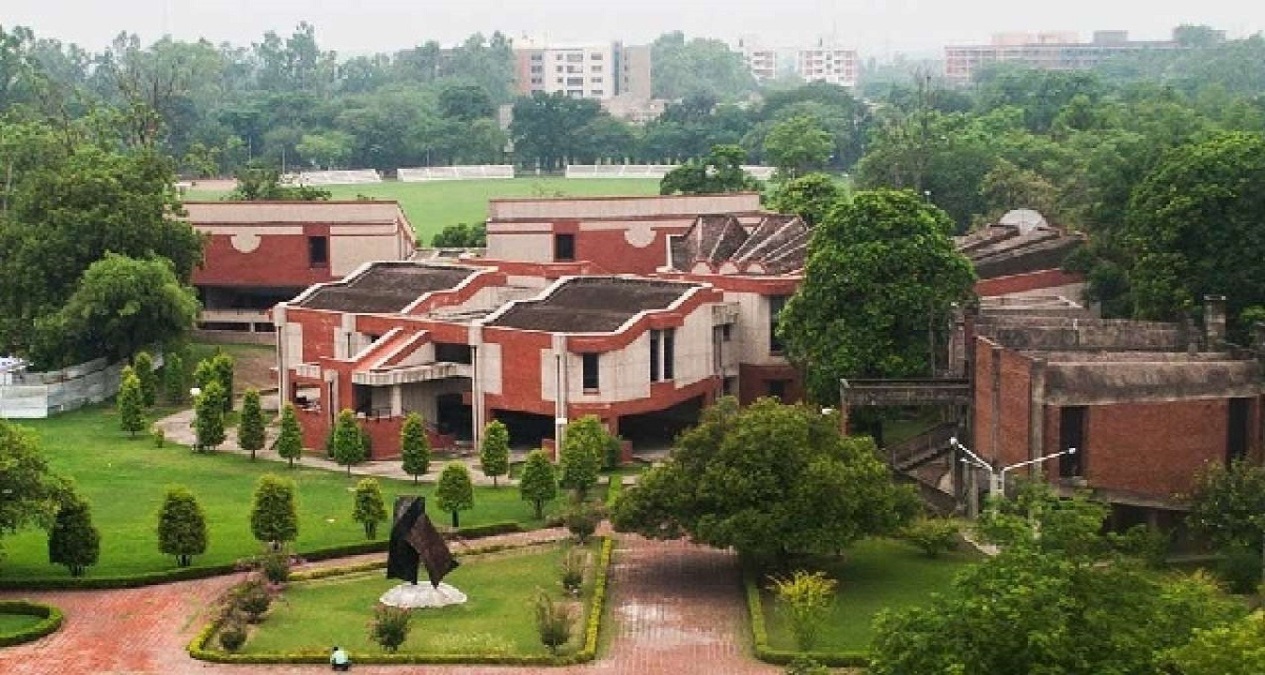ARTICLE 1
NAME
The name of this organization shall be the International Society for Psychophysics.
ARTICLE 2
OBJECTIVES
The objectives of the Society shall be the furtherance of theoretical and applied research and teaching and the encouragement of international communication and cooperation within the field of psychophysics.
ARTICLE 3
MEMBERSHIP
The Society consists of active members, honorary members, and benefactor members.
ARTICLE 4
GOVERNANCE
The Society is governed by an Executive Committee elected by the membership. The specific structure and mode of election are set forth in the By-Laws, so that they may be changed as ecessitated by developments within the Society. The basic principles of the structure shall be:
- maximal participation by the membership in all policy and operational decisions
- direct election of all officers by the membership
- regular review of organizational activities and procedures by the membership
ARTICLE 5
ACTIVITIES
The Society shall encourage the scholarly development of psychophysics by holding regular meetings, furthering publications in psychophysics, organizing educational programs, seeking means to support young scientists in their training and research activities, performing public relations work and maintaining relationships with other national and international organizations that share the main goals outlined in the Constitution.
ARTICLE 6
AFFILIATIONS
The Society may accept affiliations with other organizations according to the By-Laws.
ARTICLE 7
AMENDMENTS
Amendments to the Constitution or the By-Laws may be proposed by the Executive Committee or in a petition signed by ten members. Alterations may only be executed at a General Meeting. The resolution proposing the alterations shall be included in the notice convening the Meeting, and shall require a two-thirds majority of those voting. Votes on such a resolution may be delivered by post or by hand, and shall be ccepted if received when or before the chairman calls for votes on the resolution.
ARTICLE 8
DISSOLUTION
Dissolution of the Society follows the same rules as amendments but has to take place on two successive General Meetings. All the assets of the Society will then be transferred to the International Union of Psychological Sciences (IUPsy).
BY-LAWS: (ISP By-Law Amendment Agreed at General Meeting, October 2007)
1. MEMBERSHIP
A. To be eligible for active membership in the Society, an individual shall have shown interest in the aims of the Society through research, publications, or training. Upon payment of the membership dues, the individual may then be elected to membership by the Executive Committee.
B. An individual who has performed special services for the Society or for Psychophysics may be nominated for honorary membership in the Society. The Executive Committee shall determine which nominees are to receive honorary membership.
C. Benefactor members are those individuals who give major donations to the Society. The Executive Committee shall define major donation.
D. Membership may be terminated by the Executive Committee for cause, or at the request of the member, or if the membership dues have not been paid for two years in succession.
2. GOVERNANCE
A. The Executive Committee consists of an elected Treasurer, three elected members, and as a fifth member the individual designated as Organizer, or Chair of the Organizing Committee responsible for the meeting in any given year (see 2G below).
The treasure will be elected for SIX years and will have the responsibility of managing the financial business of the Society.
Other elected members will serve for THREE years. Each year, the three elected members shall arrange by mutual consent a division of the responsibilities normally assigned to a President (calling and presiding over meetings), Vice-President (serving in place of the President when necessary, liaising with appointed Web Master), Secretary (maintaining the correspondence of the Society, and recording the minutes of its meetings). These titles are not to be regarded as honorifics or distinctions of any sort, and may not be used except in compliance with the legal requirements of a country, state, or locality in which the Society may conduct business.
B. The Treasurer will be elected for SIX years by secret ballot.
ONE new member of the Executive Committee will be elected each year by secret ballot.
The results will be announced to the membership annually.
C. Candidates for election must be nominated by the Executive Committee or by two active members of the Society. Nominations must reach the Secretary at least two months before the scheduled announcement of election results.
D. In case of vacancies, the Executive Committee will appoint replacements.
E. The Executive Committee shall appoint a member as Historian of the Society.
F. The Executive Committee shall meet at least once a year.
G. At the annual business meeting, the chairman of the Organizing Committee for the next year’s meeting will be determined by majority vote of those members present. That person is empowered to select members of the Organizing Committee to assist in the planning and arrangements for the next meeting. The Chairman of the Organizing Committee will also serve as a member of the Executive Committee from the time of the election to the end of the next annual meeting.
3. COMMITTEES
Committees may be formed as required by the activities of the Society. Their composition and charge shall be determined by the Executive Committee.
4. MEETINGS
A. A General Meeting for all members of the Society shall be held at least every second year for the purpose of communication and exchanging scientific ideas. At a business meeting during the General Meeting, officers’ reports will be delivered and all major decisions required by circumstances and by the Constitution shall be undertaken.
B. Scientific programs may also be planned for presentation at conferences arranged by other societies.
5. FINANCES AND DUES
A. The Executive Committee is authorized to solicit funds in support of the activities of the Society.
B. The membership dues are fixed and other financial questions are voted on at the General Meeting.
C. Each Meeting and conference shall operate within a special budget separate from the Society’s general budget.
D. The Society will hold a contingency reserve of US $6000


